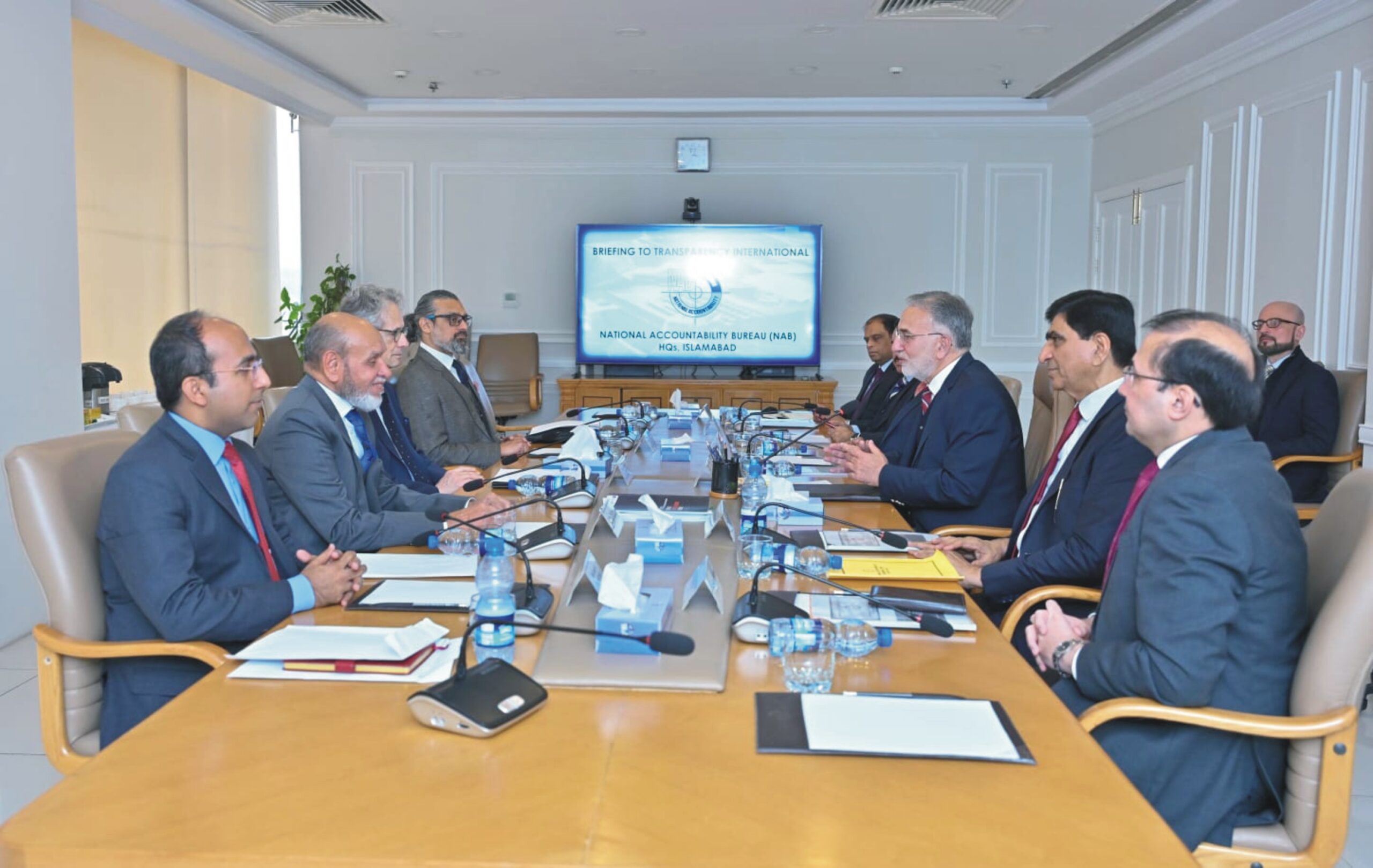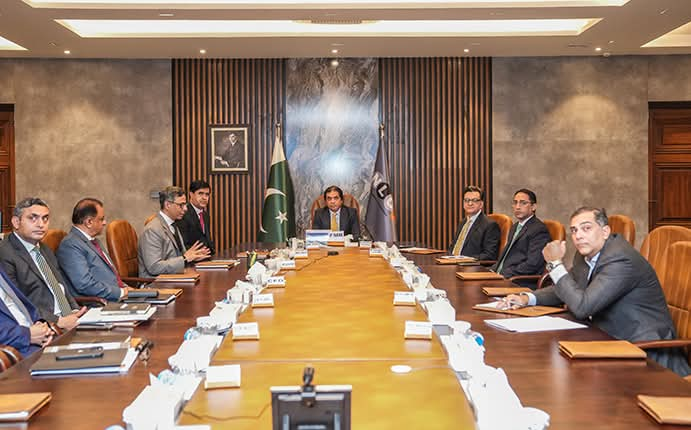ISLAMABAD: Pakistan has vowed to actively support the participation of women migrant workers in the member states of the Abu Dhabi Dialogue (ADD), as it took over the Chair for the current term.
“With the active support of other member states, we will continue prioritizing the participation of women migrant workers in ADD labour markets,” Federal Minister for Industries and Production Division of Pakistan, Makhdoom Khusro Bakhtiar, told in interview with International News Agency.
The Pakistani official is leading his country’s delegation to the Sixth Ministerial Consultation of ADD, which is being held in Dubai from 25th to 29th October.
The ADD is a voluntary and non-binding inter-government consultative process.
The latest estimates from the International Labour Organisation (ILO) suggest that Arab states, Asia and the Pacific each host about 24 million migrant workers, which, in total, amount to 28.5 percent of all migrant workers in the world.
The Dialogue engages seven Asian countries of labour destinations and eleven countries of origin. The UAE is hosting a permanent secretariat to the forum.
Member countries include Bahrain, Kuwait, Malaysia, Oman, Qatar, Saudi Arabia and UAE (labour destinations); and eleven countries of origin: Afghanistan, Bangladesh, China, India, Indonesia, Nepal, Pakistan, the Philippines, Sri Lanka, Thailand and Vietnam.
Regular observers include the International Organisation for Migration (IOM), ILO, and companies from the private sector and civil society.
Bakhtiar, in his keynote address after assuming the Chair, said that ADD has established a solid ground during the UAE’s chairmanship in the fifth term, adding that Pakistan will work to build an effective action plan on the existing foundations.
“Digitisation of migration governance policies, data collection and the use of innovative technologies, which were introduced during COVID-19 have opened new horizons for us. We have to identify the gaps to be filled on both demand and supply sides,” he added.
Bakhtiar emphasised his country’s intention to work with ADD member states to tackle the challenges posed by changing labour market dynamics, irregular recruitment, human trafficking and money laundering.
“We will focus on devising a robust mechanism for upgrading Technical and Vocational Education and Training (TVET) institutions and imparting skills to the workers based on the requirements of the destination countries,” he added.
“We also intend to develop best policy options for social protection both for the countries of origin and destination.
“Pakistan would steer efforts to share data information related to skilled workers, recognised institution and opportunities, amongst the member states and enhance the participation of women migrant workers.”
Bakhtiar highlighted the “importance of ADD” in forging bilateral partnerships, saying it is a multilateral forum and strongly encourages bilateral and regional cooperation and partnerships.
He suggested that bilateral agreements under the aegis of ADD can be negotiated to address the issues related to labour recruitment, explaining that alternative recruitment models could be developed.
“These bilateral agreements could also be used to regulate remittance flow by promoting formal channels,” he said.
Khusro Bakhtiar said ADD has played “a prominent role” in protecting the rights of workers, suggesting that the introduction of technology in social protection is the way forward.
The Minister pointed out that the key challenges for labour migration governance are “working together” to achieve social development goals (SDGs) for improved healthcare and lower migration and remittance costs.







